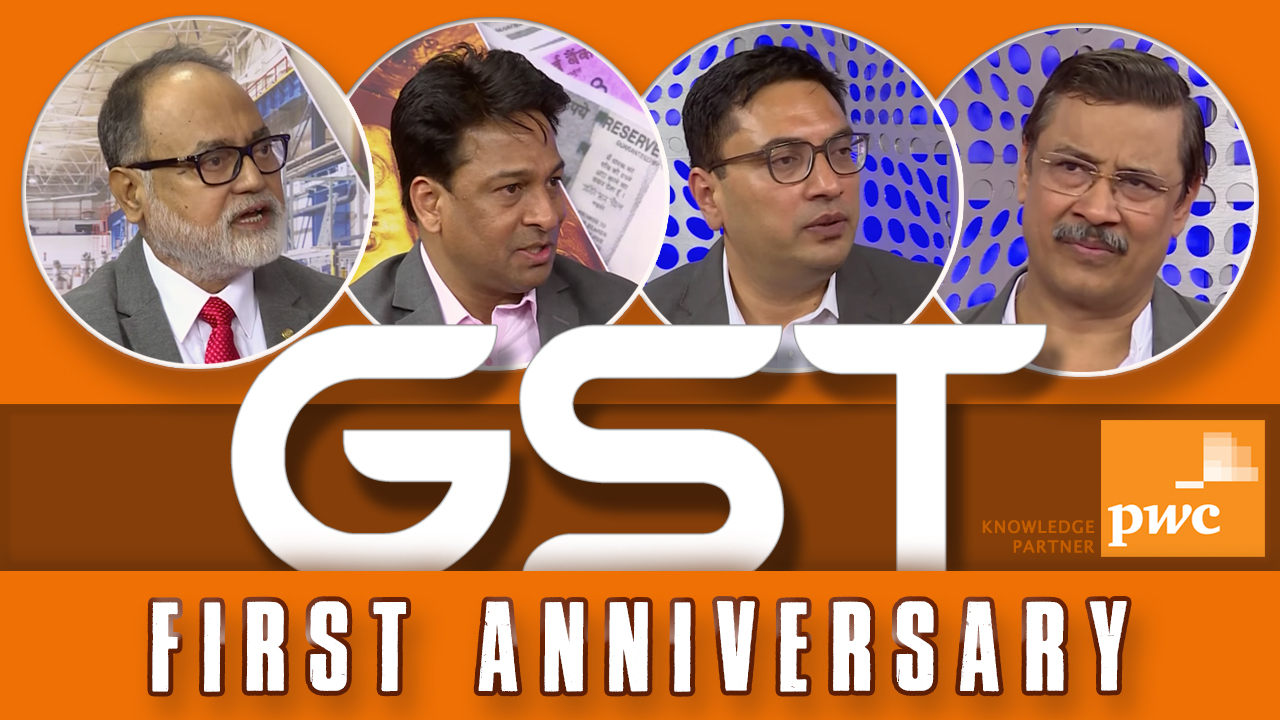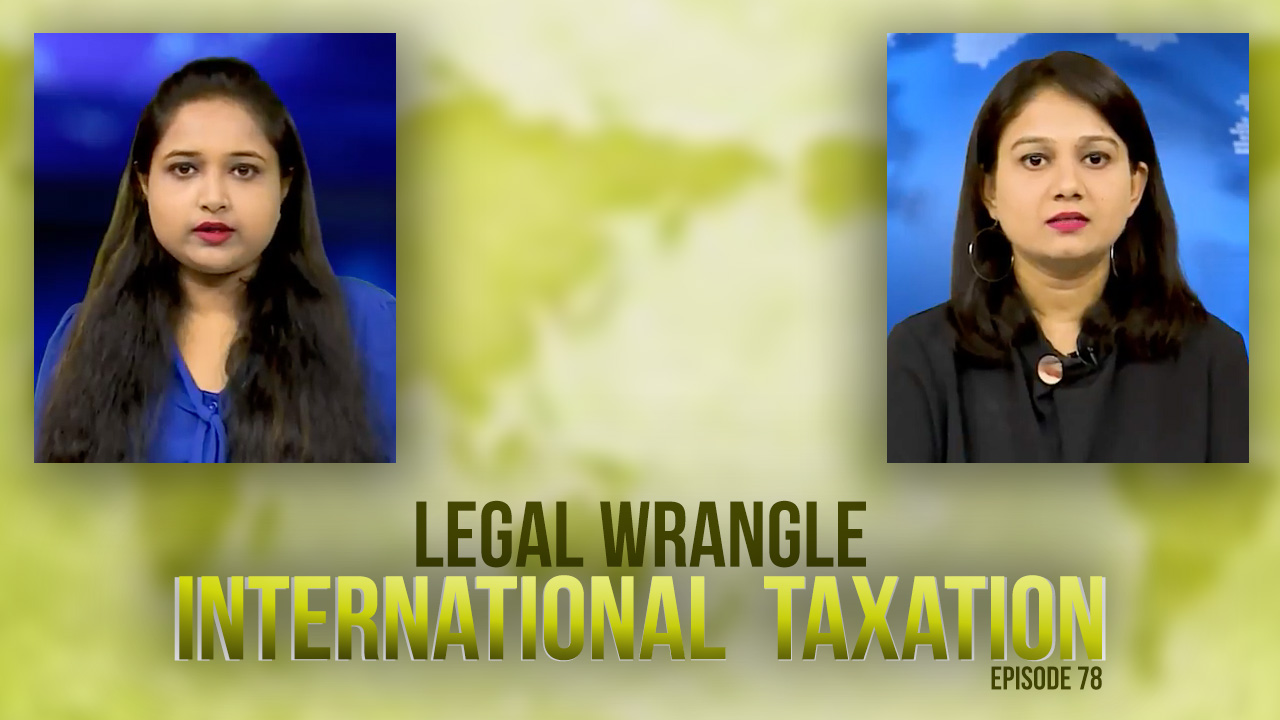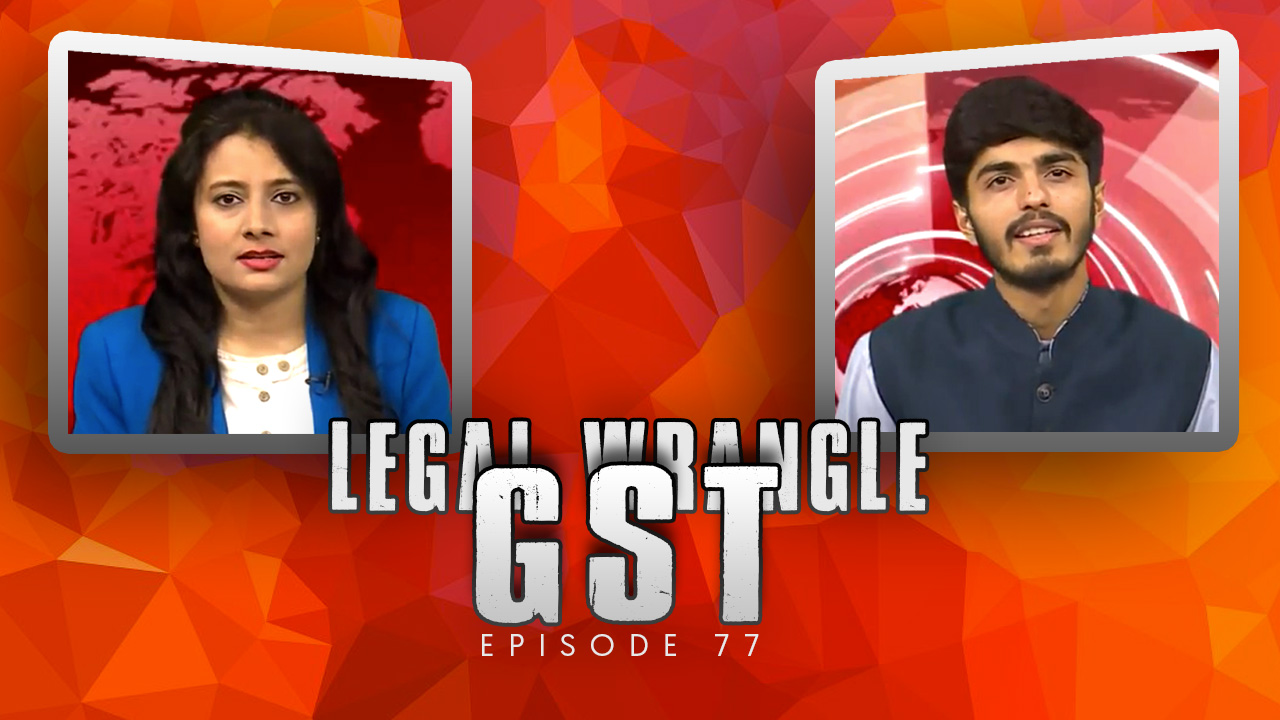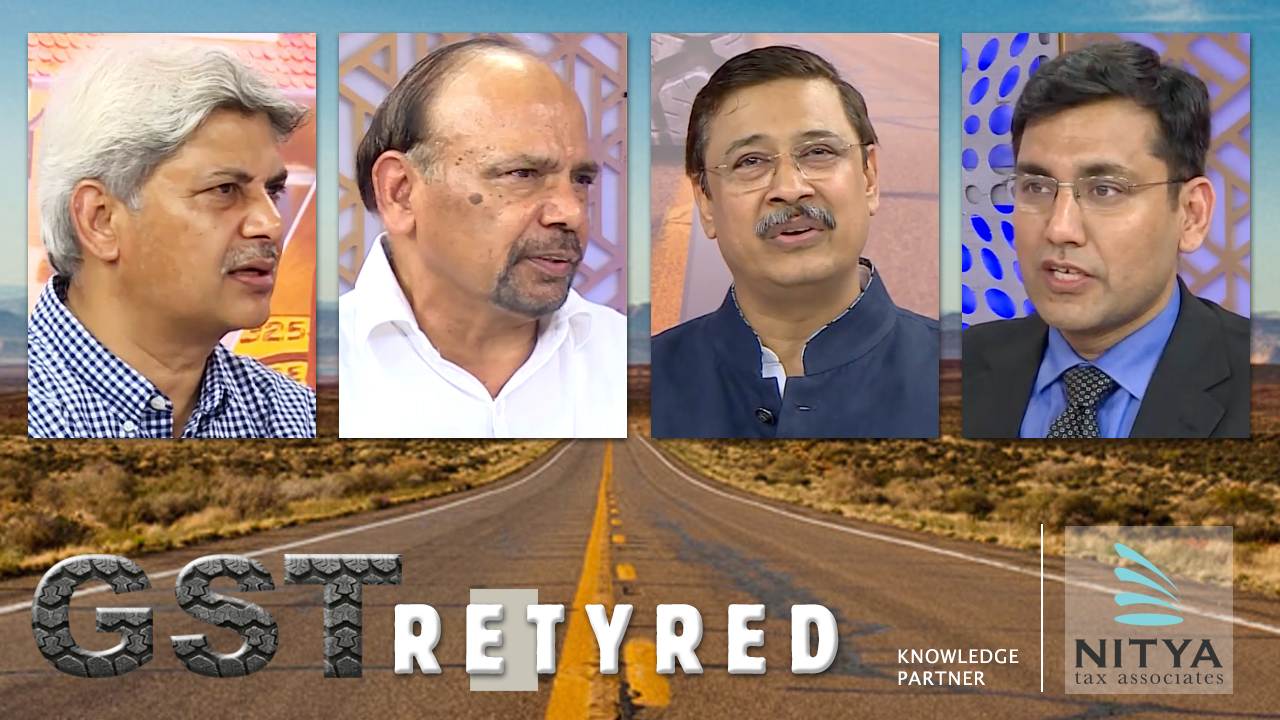|
SERVICE TAX
2018-TIOL-2026-CESTAT-MUM + Case Story
National Insurance Academy Vs CST
ST - Commercial Training or Coaching Service - Despite the inclusion of 'commercial' in the description of the taxable service, the absence of a profit motive, does not, of itself, alter the tax liability - It suffices that earnings are received for an activity to be commercial: CESTAT [para 6 to 11] - Appeal disposed of
: MUMBAI CESTAT
2018-TIOL-2021-CESTAT-AHM
Venus Laminations Pvt Ltd Vs CC, CE & ST
ST - Assessee had rented their premises and collected rent but failed to discharge service tax under taxable category of 'Renting of Immovable Property Service' - Later, on receiving a communication from department in March 2010 they paid service tax for period April 2009 to March 2010; and later after undertaking necessary investigation, SCN was issued for recovery of service tax for the earlier period from April 2008 to March 2009 with interest and penalty - Assessee disputed their liability for period 2008-2009 on the ground that demand is barred by limitation as there was no suppression nor any misdeclaration - Revenue's contention is that since rendition of said service has not been brought to the knowledge of department by way of obtaining service tax registration, nor they had filed prescribed ST-3 Returns after insertion of levy w.e.f. 01.06.2007, resulted into suppression of facts and accordingly invoking extended period of limitation is justified - In support, they have referred to the judgement of Tribunal in Rikin Industries' case - On the other hand, it is the argument of assessee that there was confusion on levy of service tax on Renting of Immovable Property during relevant period and Delhi High Court in Home Solution Retail India Ltd. ' 2009-TIOL-196-HC-DEL-ST , declared the said levy as ultra vires; hence the Tribunal in a series of cases held that extended period of limitation cannot be made applicable for recovery of service tax not paid on said service - But the opposition by Revenue is that in all these cases the assesses were registered with department and department was aware that the assesses are rendering taxable service - The Calcutta High Court has recently considered the issue of recovery service tax on renting of immovable property invoking the extended period of limitation - Following the said precedent, recovery of service tax on Renting of Immovable Property cannot be affected invoking extended period of limitation: CESTAT - Appeal Allowed: AHMEDABAD CESTAT
2018-TIOL-2020-CESTAT-MAD
Viswanathan Constructions Pvt Ltd Vs CCE
ST - The assessee is engaged in providing commercial or industrial construction service - It constructed a building for another entity and entered into an MOU for construction of Product Die & Mould Center Cum Training & Education Center building - The original authority observed that building constructed was not used for commercial purposes and the construction services rendered by assessee did not fall under the definition of Commercial or Industrial Construction Service - Duty liability was raised, the Commr. (A) confirmed demand along with interest & penalty -
Held: On considering the MoU, it is seen that the building has been constructed for Government purpose - The plan approved shows that building constructed is for training centre - Further, the work order shows that space has to be earmarked for training centre & infrastructure - Therefore, the building is not a commercial building - Moreover, it has been clarified by Board circular that the information as to purpose for which the building is used has to be gathered from the plan approved by the concerned authorities - Hence, the order challenged is set aside: CESTAT (Para 1, 7, 8, 9) - Appeal Allowed: CHENNAI CESTAT
CENTRAL EXCISE
2018-TIOL-2019-CESTAT-DEL
Castamet Works Pvt Ltd Vs CCE & ST
CX - The assessee is a bearing (liners plate, castings heaters, grinding media, grinding machines) manufacturer operating under Rajasthan Investment Promotion Scheme - They were eligible for subsidies & were required to remit VAT/CST/SGST at the time of sale of goods - A part of VAT is re-imbursed in the form of subsidy in challan 37 by the appropriate authorities - The manner of disbursement was that the assessee had to fill challan Form VAT 37B which could be utilised for discharge of the VAT liability for subsequent period - The Revenue took a view that payment of VAT using challan 37B could not be considered as actual VAT paid - Differential duty demand was raised and subsidy amount was added in the value of goods cleared by the assessee - Hence, the present appeal -
Held: The issue at hand was whether subsidy amounts are required to be included in the assessable value of the goods manufactured by the assessee in terms of concept of transaction value outlined in section 4 of CE Act - It is held that in terms of the scheme payment of VAT using challans is legitimate payment of tax - Following the decision of the Tribunal in Final Order No. 51427-51514/2018, wherein relying on the ratio laid down in Shree Cements Ltd. V/s CCE the court has deliberated on the issue and set aside the order challeneged - Therefore, the order is set aside :CESTAT (Para 2, 4, 5)
2018-TIOL-2018-CESTAT-DEL
Prabhat Zarda Factory Vs CCE
CX - Assessee engaged in manufacture of "Ratna" brand chewing tobacco - Finished goods with same brand were found and seized from two godowns belonging to Shri Dinesh Gupta (Mittal) - Packing materials bearing the brand name have also been seized from premises of certain other buyers - The crux of dispute is; whether the seized goods have been manufactured and clandestinely cleared from factory of assessee - The connected question is whether the assessee is liable to payment of duty in respect of such seized goods - The penalties against various persons will be a corollary to said questions - Admittedly, no documents have been produced evidencing the licit nature of seized goods - Consequently, goods are liable for confiscation and order of confiscation by lower authority cannot be faulted - But the option of redeeming the same on payment of redemption fine, as ordered by lower authority, will be available only to the person who is owner of such goods - Revenue has not brought any evidence on record regarding clandestine manufacture and clearance of goods from the factory - No investigation appears to have been done in respect of procurement of raw materials or even the actual manufacture - The evidence, linking the seized goods to the factory of assessee is in the form of oral statements - Shri Purushottam Arya, Managing Partner admitted in his initial statements that seized goods were manufactured in factory and cleared clandestinely without payment of duty but his statement was retracted subsequently - At the end of buyers, both Shri Dinesh Mittal and Shri Dinesh Gupta in their statement have admitted that the seized goods were purchased from assessee but without payment of duty.
The assessee during course of arguments has raised the issue that adjudicating authority, while passing the impugned order, has not considered the procedure laid-down in Section 9D of CEA, 1944, which is mandatory - They have also cited the decision of P&H High Court in case of M/s Jindal Drugs (P) Ltd. 2016-TIOL-1230-HC-P&H-CX - In the light of observations of High Court, the statements of buyers form a critical evidence in arriving at a decision - Hence impugned order set aside and matter remanded to adjudicating authority to re-adjudicate the matter after following the procedure laid-down in Section 9D: CESTAT - Matter remanded: DELHI CESTAT
2018-TIOL-2017-CESTAT-MUM
Thermax Ltd Vs CCE
CX - CENVAT - It is well settled law that if the service tax liability is discharged by the service provider and if the services are eligible for availment as CENVAT credit, credit cannot be denied at the end of the recipient, more so, only on a presumptive ground that there is no evidence that service tax was credited to the government exchequer - ratio of the Tribunal in the case of Amara Raja Electronics - 2016-TIOL-2845-CESTAT-HYD is directly on the point and in favour of the appellant - impugned order is set aside and appeal is allowed: CESTAT [para 5, 6] - Appeal allowed: MUMBAI CESTAT
CUSTOMS
NOTIFICATIONS
ctariff18_050
Notification prescribing Tariff Concession on specified goods imported from P R China, Bangladesh, Korea R P, Sri Lanka, Lao People's Democratic Republic under Bangkok Agreement
cnt59_2018
Rules of Determination of Origin of Goods under the Asia-Pacific Trade Agreement, (formerly known as the Bangkok Agreement) Rules, 2006 amended
CASE LAWS
2018-TIOL-2016-CESTAT-AHM
H H Hingorani Vs CC
CUS- The assessee was providing services of custom house agent - On investigation, the Revenue observed that there was evasion of customs duty on goods imported by various importers - SCN was issued for demand of custom duties along with penalties and goods were confiscated .
Held: It is clear that the assessee is not a importer & is only a CHA - The function of the CHA as an Agent and his responsibility is to a limited purpose of arranging release of the goods & once the goods are cleared he has no further function - The answer to whether or not the duty liability can be fastened on the CHA is in the negative - Following the decision of Devanshi Bhanji Khona, the demand and confiscation is set aside - Hence, the appeal is allowed : CESTAT (Para 3, 4, 5) - Appeal Allowed: AHMEDABAD CESTAT
|
|












